Coway Airmega 250 features sleek design, HEPA air filtration - Stark Insider
Coway Airmega 250 features sleek design, HEPA air filtration - Stark Insider |
| Coway Airmega 250 features sleek design, HEPA air filtration - Stark Insider Posted: 29 Apr 2021 08:56 AM PDT South Korean-based Coway has released a new air purifier. The Airmega 250 is a sleek unit that promises to clean air in your home 24/7 using a HEPA-based system. Better still — and this is a trend we're seeing in the air purification industry at large — is the new model looks aesthetically pleasing and would be suitable for many decors. That's a break from the past when most air purifiers were boxy and techy in appearance. Thankfully it seems companies like Coway are starting to value quality design. Other features in the just announced Airmega 250 per the announcement include:
Coway says the Airmega 250 is based on a 3-stage filtration system: (1) a pre-filter for removing hair and large dust particles; (2) a True HEPA filter for removing fine dust, viruses, mold and bacteria; and (3) an activated carbon filter for removing food smells, fumes, harmful gases, pet odors, VOCs and other odors. In addition the 250 has Sleep and Eco modes that can be manually set using the top control panel. CADR (clean air delivery rate) is rated at 249 for smoke, 261 for dust and 230 for pollen. The main HEPA filter is rated for up to one year of life expectancy depending on the environment and usage. Power consumption is rated up to 64W. And the unit weighs 20.5 pounds. ALSO SEE: Best Air Purifier 2020: Coway AP-1512HH Mighty Air Purifier with HEPA filter (Plus: thoughts from a concerned Bay Area wild fire resident)One thing this particular model does not include is smart home technology. So there is no wi-fi or associated app that you can use to control the unit. If those features are important to you then consider a step-up model like the more powerful (and larger) Airmega 300 or Airmega 400. Overall, a good looking product from a reputable air purification company. Those with allergies or those who live in areas with risk of wildfire smoke should definitely add this model to the short-list of possible shopping choices. Coway is now selling the Airmega 250 for $399 USD. |
| Air ionizers vs. air purifiers, which should you buy? - fox8.com Posted: 02 Apr 2021 12:00 AM PDT  The difference between air ionizers and air purifiersWhen you want to make the air in your home cleaner, you can opt for an air ionizer or air purifier. An air ionizer is a type of air purifier. Still, in this instance, we'll use the term "air purifier" to refer to HEPA air purifiers and the term "air ionizer" to refer to ionic air purifiers. Air ionizers use negatively charged ions that transfer their charges to air pollutant particles in the environment, causing them to stick together and eventually fall to the floor. They can then be vacuumed up. Air purifiers use a fan to suck air in the room into them and physical filtration to trap pollutant particles. Air ionizersAn air ionizer is a type of air purifier that removes pollutant particles — such as dust, pollen and pet dander — from the air by releasing negatively charged ions. These ions impart their negative charge to airborne particles, causing them to stick together. Once enough pollutant particles have stuck together, they become too heavy to remain in the air and fall to the floor, where they'll be picked up the next time you vacuum. Some models feature oppositely charged plates to attract these particles when they pass through the ionizer. Air ionizers tend to be cheaper than HEPA air purifiers covering similar square footage, which is a plus if you're on a tight budget. What you'll love about air ionizers
What you should consider about air ionizers
Top air ionizersThis multi-purpose air ionizer uses ionic technology to purify the air and features a HEPA filter to mechanically filter out and trap tiny particles that a standard ionizer might miss. Available at Amazon Envion Ionic Pro 500 Sq. Ft. Ionic Air Purifier This nifty machine can clean the whole air volume in a medium to large room as many as three times in an hour. Available at Best Buy and Amazon Plixio Portable Odor Eliminating Plug-in Ionic Air Purifier Despite the extremely compact size of this machine, which is about the size of a plug-in fragrance diffuser, it can take on spaces of up to 150 square feet. Available at Amazon Air purifiersAir purifiers use HEPA filtration systems to remove and trap airborne particles. HEPA filters can trap at least 99.97% of all particles down to the size of 0.3 microns. This includes mold spores, pollen, dust, bacteria and viruses. HEPA air purifiers are ideal for anyone who suffers from environmental allergies, such as hay fever or dust allergies. You can find some basic air purifiers for around $50, but we'd recommend paying at least $100-$200 for a quality model. Top-end HEPA air purifiers can cost more than $1,000. What you'll love about air purifiers
What you should consider about air purifiers
Top air purifiersDyson Pure Cool TP01 HEPA Air Purifier & Fan Not only is this an effective air purifier that's suitable for large rooms, but it also looks like a piece of modern art, so it won't detract from the appearance of your room. Available at Home Depot, Bed Bath and Beyond and Amazon Alen BreatheSmart FLEX HEPA Air Purifier This high-end HEPA air purifier runs quietly and cleans the air in spaces up to 1,100 square feet. Available at Home Depot and Amazon Honeywell True HEPA200 Air Purifier This reliable HEPA air purifier comes from a reputable brand and is suitable for large rooms up to 310 square feet. Available at Home Depot and Amazon Should you get an air ionizer or an air purifier?Objectively, HEPA air purifiers do a better job of cleaning the air and trapping pollutant particles than ionic air purifiers, so we'd usually recommend an air purifier over an air ionizer, especially if you have allergies. You might, however, consider an air ionizer if you need to clean the air in a large space on a low budget. Lauren Corona is a writer for BestReviews. BestReviews is a product review company with a singular mission: to help simplify your purchasing decisions and save you time and money. Copyright 2021 BestReviews, a Nexstar company. All rights reserved. Suggest a Correction |
| You are subscribed to email updates from "hepa air purifier for mold" - Google News. To stop receiving these emails, you may unsubscribe now. | Email delivery powered by Google |
| Google, 1600 Amphitheatre Parkway, Mountain View, CA 94043, United States | |
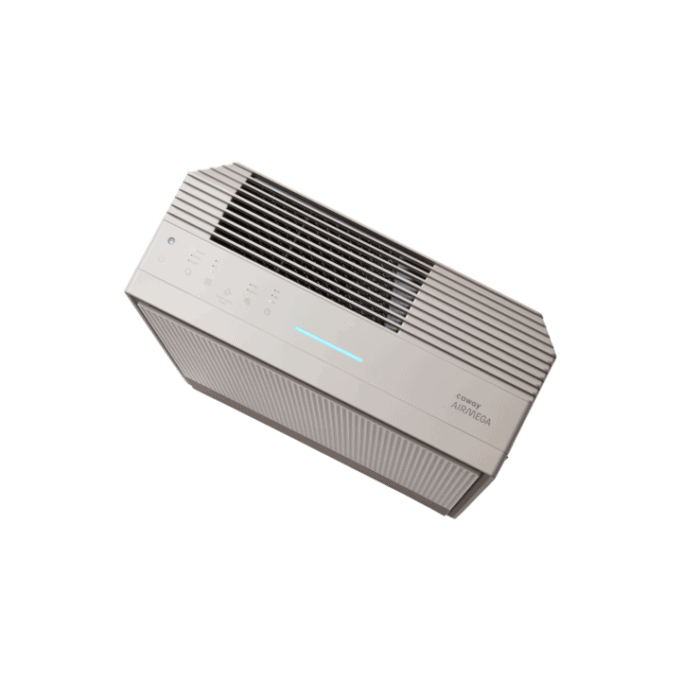
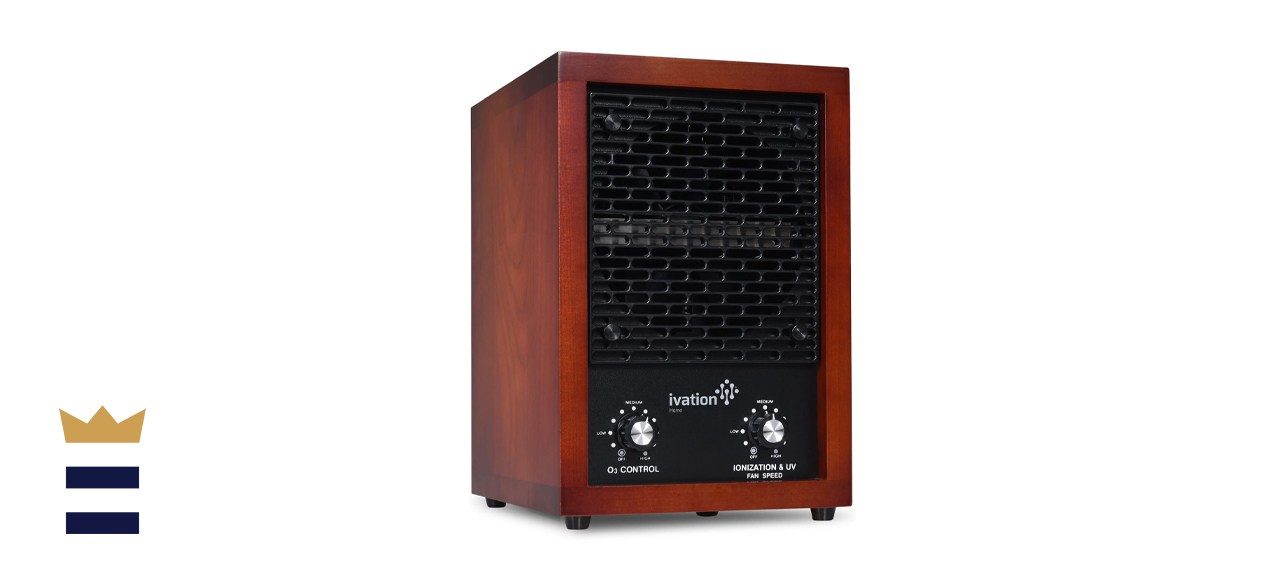
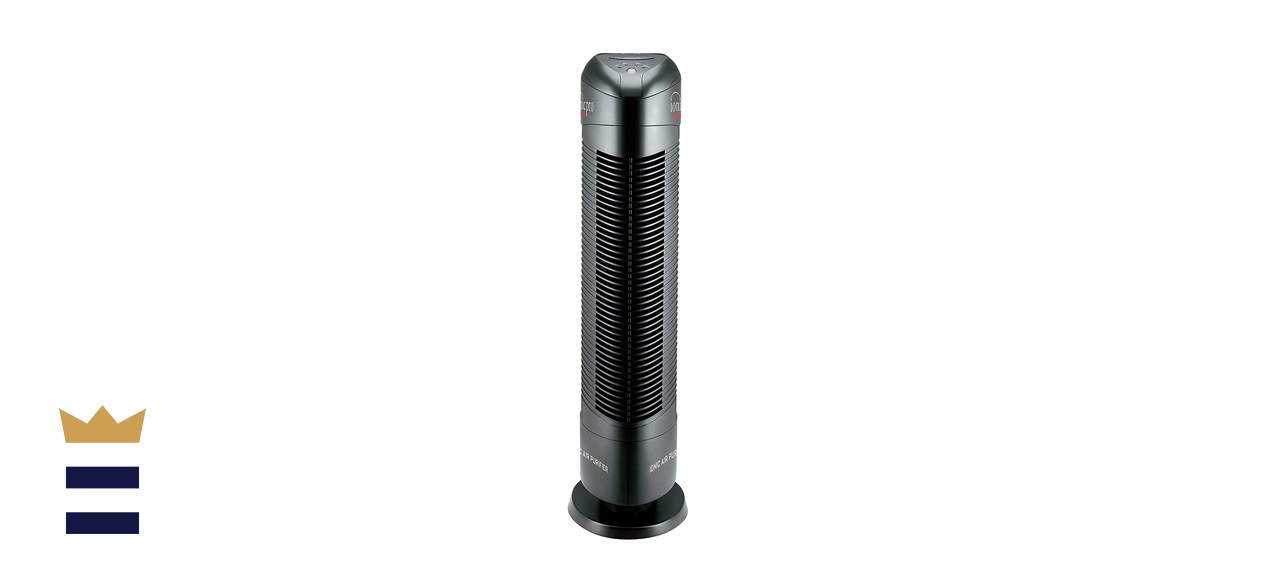
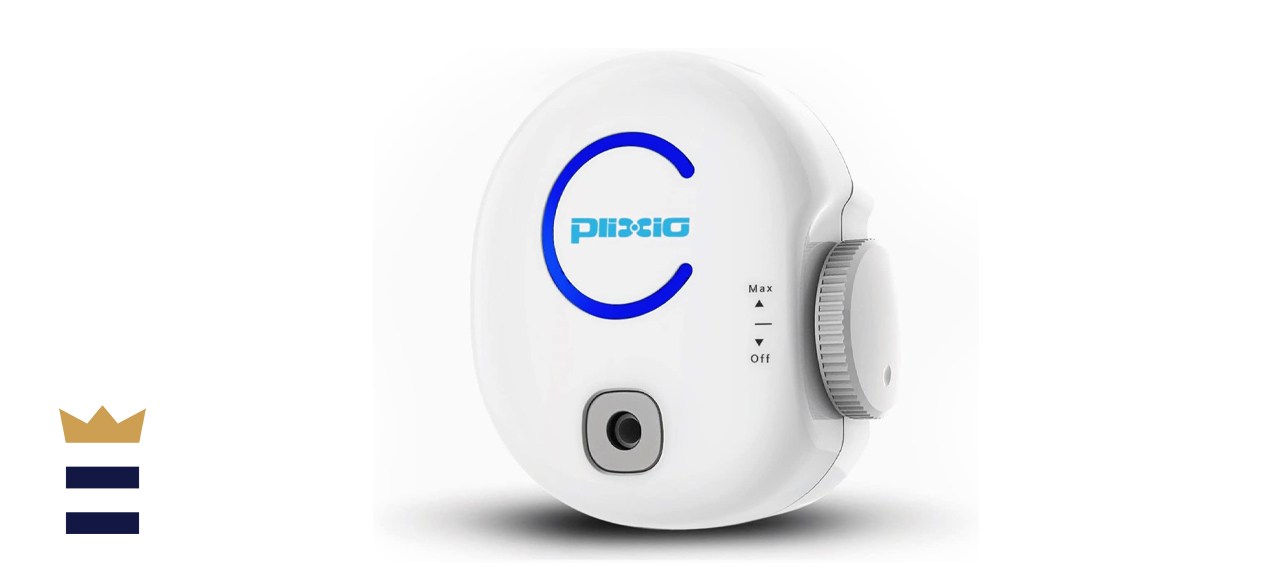

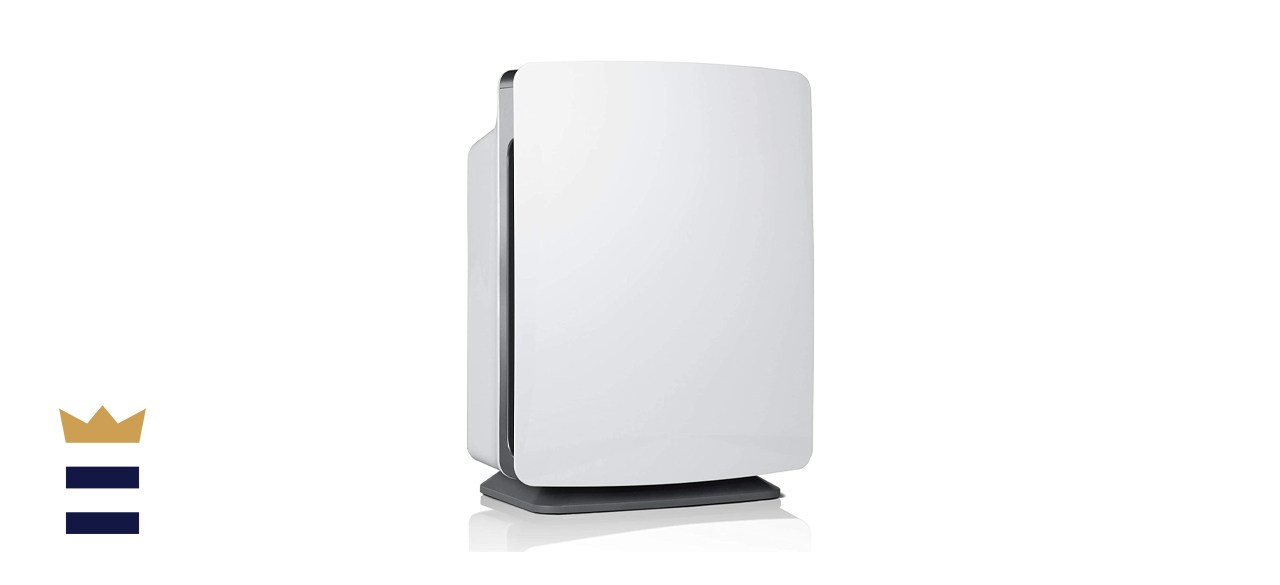
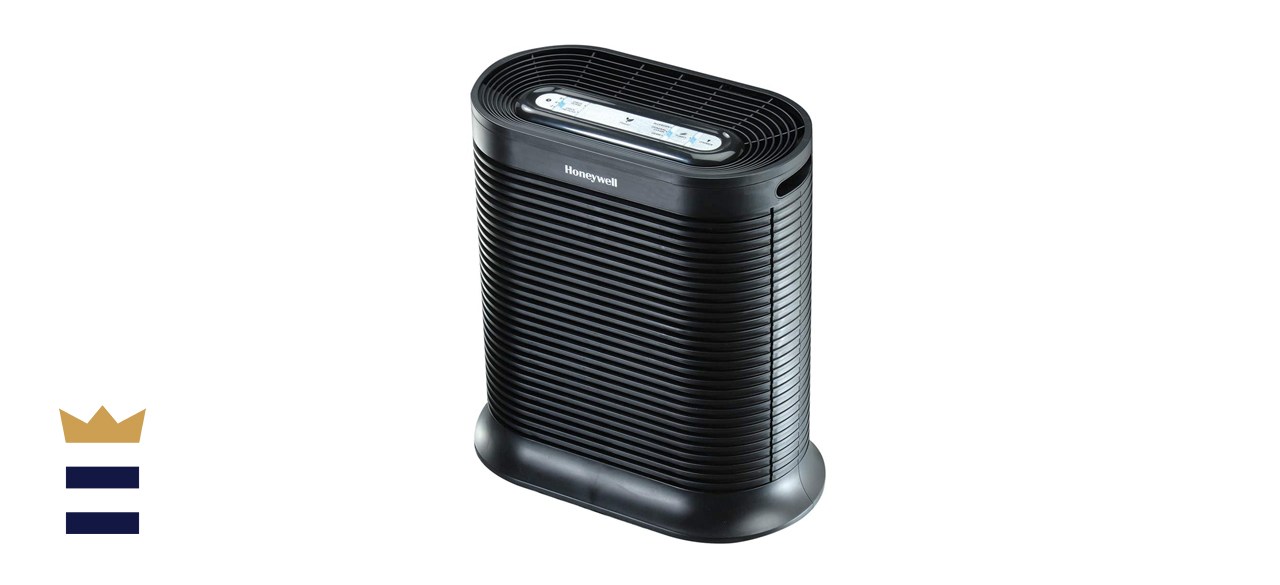
Comments
Post a Comment